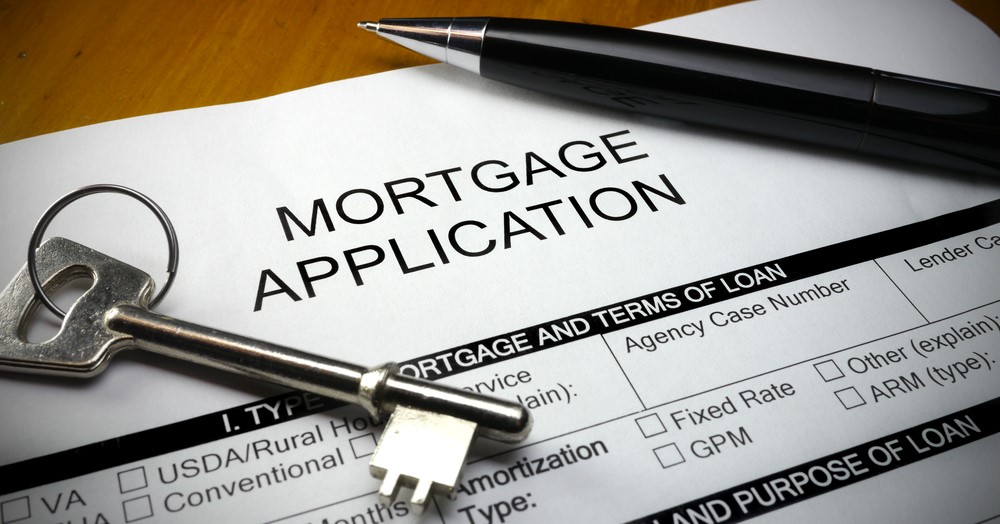Self Employed Mortgages

Embarking on the journey of securing a mortgage can be a thrilling yet daunting experience, especially when your employment status plays a pivotal role. In an era where many individuals opt for self-employment, concerns often arise about how this choice may impact mortgage approval. Here, we will unravel the intricacies of the relationship between self-employment and mortgage applications, shedding light on whether this path could be a potential hurdle or a unique advantage for your future homeownership aspirations.
Defining the Self-Employed Status
Before delving into the mortgage intricacies, it's crucial to understand how mortgage lenders define self-employment. If you own over a 20% - 25% share of a business, are a sole trader, partner, director, or contractor, you fall under the self-employed umbrella.
Possibility of Mortgage Approval for the Self-Employed
The good news is that it is possible for self-employed individuals to obtain a mortgage. However, not all lenders are created equal in their enthusiasm for self-employed applicants. Some may exclude freelancers from specific schemes or reserve their riskier mortgages for employed applicants.
Additionally, your self-employed status will impact how lenders assess your income. While standard mortgage calculations range from 4 to 4.5 times your household income, being self-employed may lead to a lower offer based on the evidence you provide regarding your income, credit history, and other factors.
Unpacking Mortgage Affordability
Mortgage affordability, a crucial aspect of the application process, poses unique challenges for the self-employed. Affordability checks can make it more challenging for freelancers, requiring extensive documentation to prove income compared to their employed counterparts.
The Waiting Game: How Many Years of Self-Employment Are Needed?
Self-employed individuals often need to provide 2-3 years of accounts to prove their income. Sole traders, for example, may require a Self Assessment Tax Calculation (SA302) form, a tax year overview, and the latest three months' business and personal bank statements.
Deciphering Income Calculations
For the self-employed, mortgage lenders typically use tax returns or company accounts to calculate income. The amount you can borrow depends on your type of self-employment, with varying calculations for sole traders, contractors, and limited company directors.
Strategies for Increasing Borrowing Power
Unlike employed individuals who may leverage a recent pay raise in their mortgage application, the self-employed face different considerations. High street banks are likely to calculate your average profit from the last two years or use the most recent figure if it's lower. Consistently high profits over two years are typically required for acceptance.
For those seeking to boost their borrowing power, innovative solutions such as an Income Boost can be explored. This involves adding a loved one's income to your mortgage application, acting as a guarantor. While they won't have equity in the property, they commit to stepping in if you're unable to meet monthly repayments, potentially facilitating quicker entry into the property market.
Obtaining a mortgage when self-employed may present challenges, but armed with knowledge and strategic approaches, freelancers can navigate the complex landscape successfully. Remember, every lender is different, so exploring options and seeking professional advice can be invaluable in achieving your homeownership dreams as a self-employed individual.



